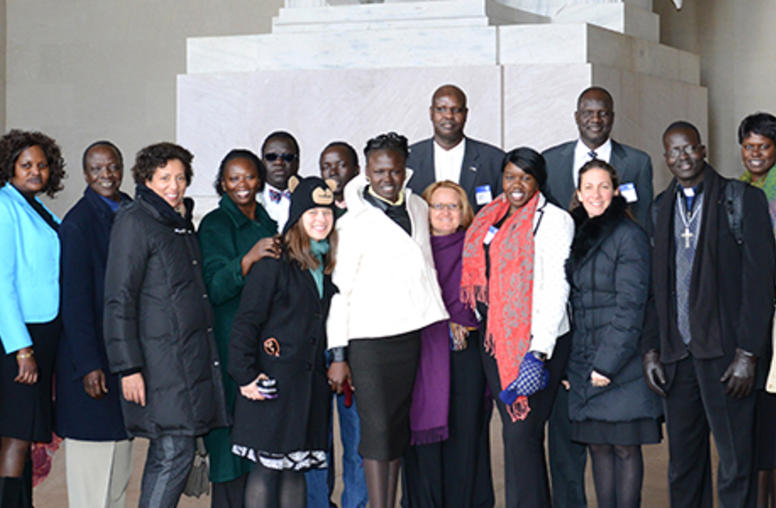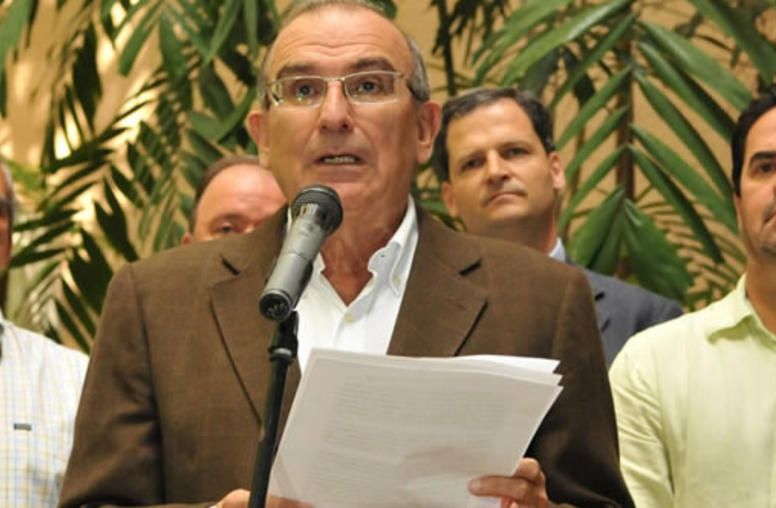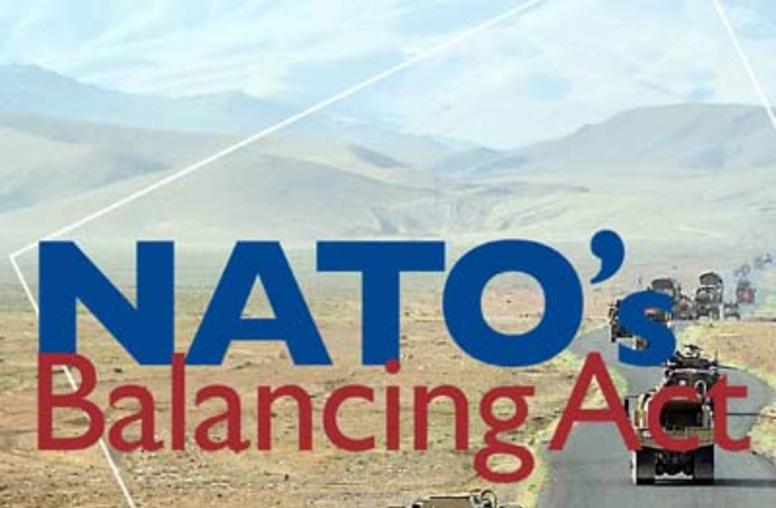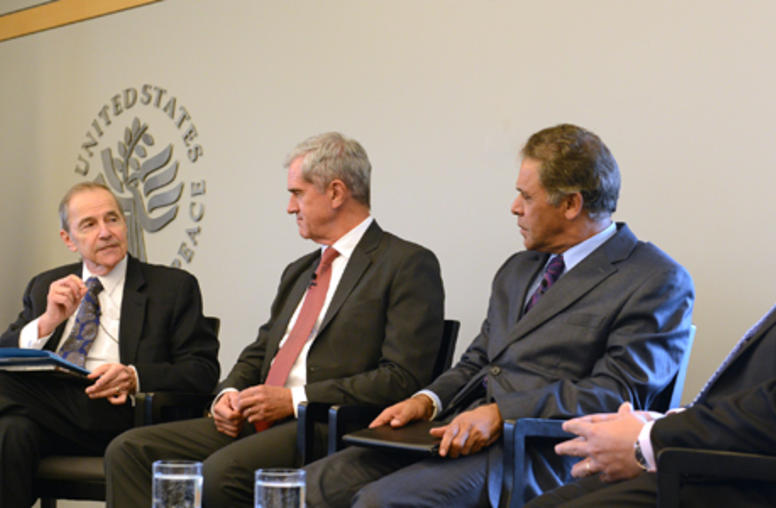The Diplomat's Dictionary
Diplomacy obviously means very different things to different people. In this entertaining and informative collection, career diplomat Chas Freeman brings together keen observations, witty insights, shrewd advice, and classic words of wisdom on the art and practice of diplomacy. In so doing, this wide-ranging compendium draws on many cultures, ancient and modern.
This revised edition adds about eighty new entries to the text. Like the first edition, it should be useful to "anyone who may be called upon to deal with complex and challenging situations in cross-cultural circumstances."



